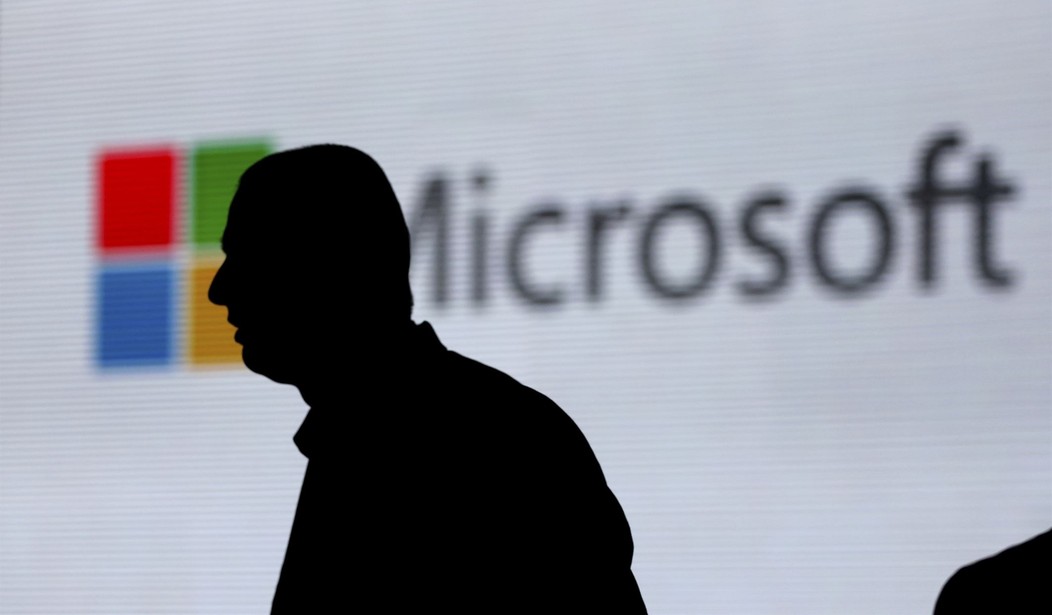Citizens of Singapore sitting in a park got a creepy surprise this past week when they encountered a robot dog that was enforcing social distancing.
The robot’s name is “Spot” and is just the latest tech gadgetry employed by the government to keep an eye on us.
One of the creepiest and most dystopian things I've seen since the pandemic began: a terrifying camera-equipped remote-controlled robot patrols Bishan-Ang Mo Kio Park in Singapore to — for now — warn about social distancing. Look at the fear. Story: https://t.co/12QfT1mcyZ pic.twitter.com/hBGUhmC7N7
— Glenn Greenwald (@ggreenwald) May 8, 2020
Spot has multiple video cameras attached to its body that will be used by Singapore’s National Parks Board to enforce social distancing measures. The robot will continue to monitor the park until May 22, at which point officials may calibrate it to police other areas of the city. A sign in the park told visitors not to “disrupt” Spot’s patrol.
Boston Dynamics is also using the robot as a way to treat coronavirus and other infectious disease patients in the future. Fitted with an iPad, Spot has been used at Brigham and Women’s Hospital of Harvard University since mid-April.
In the U.S., cities and towns are using drones to enforce social distancing orders.
Now, self-righteous flying robots have made their way to the U.S., with at least two American police departments deploying drones to tell people to disperse, go home, and stay there.
Last Friday, the mayor of Elizabeth, New Jersey, where there are more than 1,400 confirmed cases of COVID-19, announced plans to deploy drones to enforce social-distancing rules.
“The most important thing you can do to fight this virus is stay at home,” Mayor Chris Bollwage said last Friday. “Some may notice drones monitoring your neighborhoods. These drones are going to alert people to move away from each other if they are congregating. This is not a joke. It is extremely serious.”
No word on whether the drones are armed with Hellfire missiles.
There may not be a better time to have a debate about the modern state and privacy. It’s not just the state, of course. Huge tech companies routinely give themselves access to our data in the name of “customer service.” Our personal data — including health and financial information — is routinely shared online.
You don’t have to be paranoid to have serious questions about who is able to see our private data. And you don’t have to be a conspiracy nut to be worried about intrusive government surveillance. It’s there and there has been little discussion about what it means.
“Contact tracing” is the next issue on the agenda. In the name of the government being better able to track and contain the coronavirus, we will be asked to share data on where we’ve been and who we’ve seen. Apparently, the companies doing the contact tracing won’t be giving our names, addresses, or phone numbers to state or local governments. But it will be there in some database with no guarantee it will remain private.
I’m not a privacy absolutist. But as the tools of the state to track us become more sophisticated and more technologically advanced, anyone who values liberty should be concerned. A clear line needs to be drawn that the government should not be able to cross.
That’s something most of us can agree on.
Editor’s Note: Want to support PJ Media so we can keep telling the truth about China and the virus they unleashed on the world? Join PJ Media VIP and use the promo code WUHAN to get 25% off your VIP membership.










Join the conversation as a VIP Member